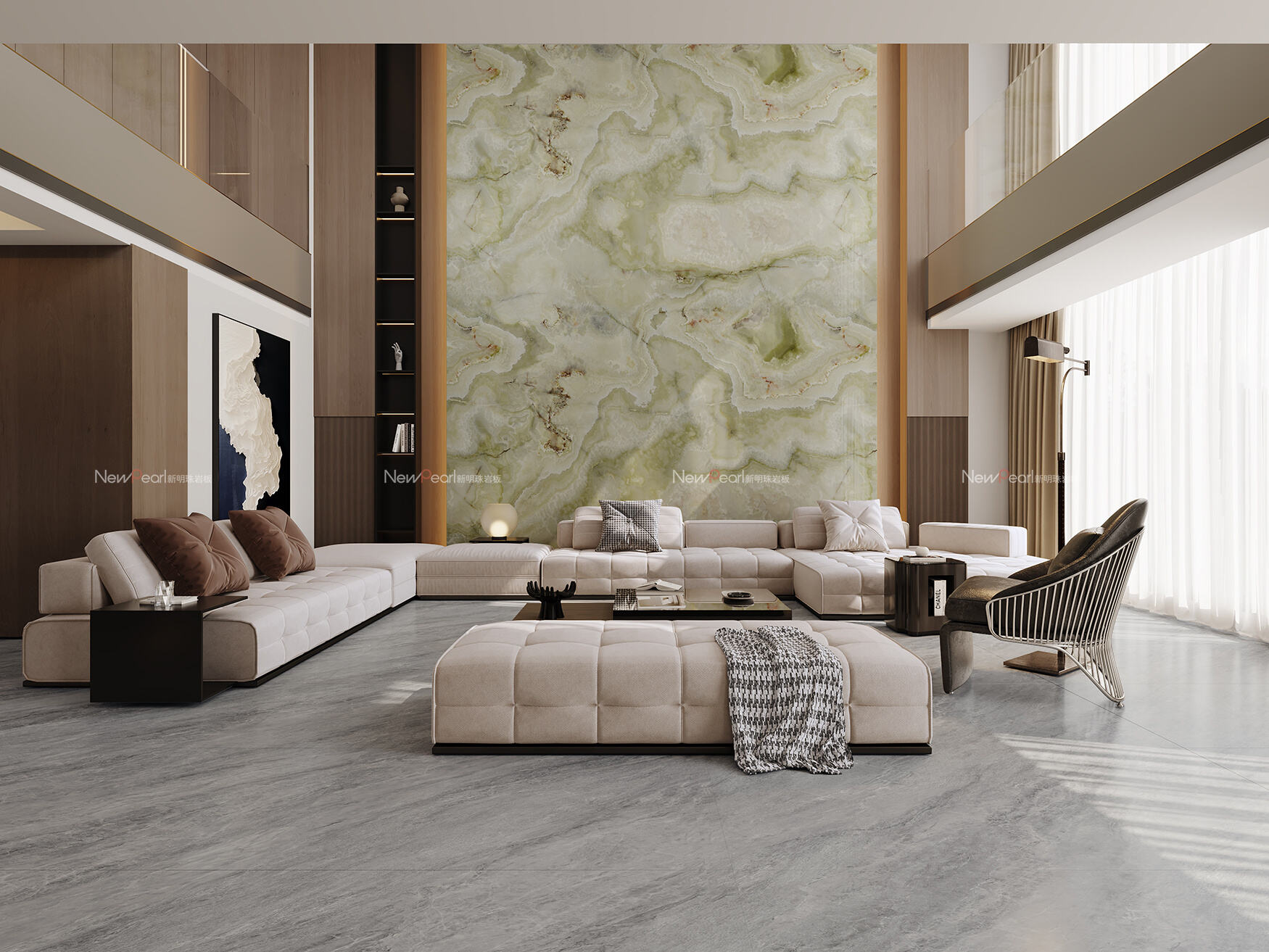Essential Guidelines for International Tile Export Success
The global market for polished tile suppliers continues to expand as architectural and design preferences evolve worldwide. With increasing demand for premium surfacing materials, understanding export considerations has become crucial for suppliers looking to expand their international presence. This comprehensive guide explores the key factors that tile manufacturers and suppliers must consider when venturing into global markets.
Quality Standards and Certification Requirements
International Quality Benchmarks
Successful polished tile suppliers must adhere to stringent quality standards that vary by region. In the European Union, CE marking is mandatory for construction products, including ceramic tiles. The American National Standards Institute (ANSI) sets specifications for the U.S. market, while other regions maintain their own quality benchmarks. Meeting these standards requires rigorous testing procedures and documentation of tile properties including water absorption, breaking strength, and slip resistance.
Product Testing and Certification Process
Before entering new markets, polished tile suppliers need to undergo comprehensive product testing through accredited laboratories. This process involves evaluating physical and chemical properties, durability under various conditions, and compliance with local building codes. Certification requirements may include ISO 9001 for quality management systems and specific environmental certifications depending on the target market.
Environmental Compliance Standards
Modern export markets increasingly emphasize environmental responsibility. Leading polished tile suppliers must demonstrate sustainable manufacturing practices and obtain relevant eco-certifications. This includes documenting the use of recycled materials, energy-efficient production methods, and responsible waste management protocols that align with international environmental standards.
Packaging and Transportation Logistics
Protective Packaging Solutions
The fragile nature of polished tiles demands exceptional care in packaging for international shipment. Professional polished tile suppliers implement multi-layer protection systems, including reinforced cartons, corner protectors, and shock-absorbing materials. Proper labeling with handling instructions and breakage warnings in multiple languages helps ensure safe transit across various transportation channels.
Container Loading Specifications
Efficient container utilization requires strategic loading patterns that maximize space while protecting the product. Experienced polished tile suppliers use specialized palletizing techniques and load planning software to optimize container space. Consideration must be given to weight distribution, securing methods, and climate control requirements during transit.
Transportation Route Planning
Selecting optimal transportation routes involves analyzing multiple factors including cost, transit time, and risk assessment. Successful polished tile suppliers often employ logistics experts to determine the most efficient combinations of sea, land, and air transport. This includes evaluating port facilities, customs clearance procedures, and local transportation infrastructure in destination countries.

Documentation and Compliance Requirements
Export Documentation Essentials
Proper documentation is crucial for smooth international transactions. Polished tile suppliers must prepare comprehensive documentation including commercial invoices, packing lists, certificates of origin, and quality certification papers. Understanding documentary requirements for letters of credit and maintaining accurate records for customs clearance is essential for avoiding delays and penalties.
Customs Regulations and Tariffs
Each destination country maintains specific customs regulations and duty structures for imported tiles. Successful polished tile suppliers stay informed about tariff classifications, preferential trade agreements, and import licensing requirements. This knowledge helps in accurate cost calculation and competitive pricing strategies for different markets.
Insurance and Liability Considerations
International shipments require comprehensive insurance coverage protecting against various risks. Professional polished tile suppliers typically secure marine cargo insurance, product liability coverage, and additional protection based on specific route requirements. Understanding insurance terms and claim procedures is essential for managing export risks effectively.
Market-Specific Technical Requirements
Regional Building Codes
Different regions maintain varying building codes and technical specifications for tile installations. Experienced polished tile suppliers ensure their products meet or exceed local requirements for commercial and residential applications. This includes understanding specific requirements for slip resistance, frost resistance, and chemical resistance in different climatic conditions.
Installation Guidelines
Providing market-specific installation guidelines helps ensure proper product performance. Leading polished tile suppliers develop detailed installation manuals in local languages, covering substrate preparation, adhesive selection, and maintenance recommendations. This support documentation helps maintain product quality and customer satisfaction in diverse markets.
Frequently Asked Questions
What certifications are essential for exporting polished tiles?
Essential certifications typically include ISO 9001 for quality management, CE marking for European markets, and market-specific product certifications. Environmental certifications and local building code compliance documentation may also be required depending on the destination market.
How should polished tiles be packaged for international shipping?
Polished tiles require multi-layer protective packaging including reinforced cartons, corner protectors, and shock-absorbing materials. Proper palletizing, secure strapping, and clear handling instructions in multiple languages are essential for safe international transit.
What insurance coverage do tile exporters need?
Tile exporters typically need marine cargo insurance, product liability coverage, and transit insurance. Additional coverage may be required based on specific route risks, contractual obligations, and destination country requirements.


